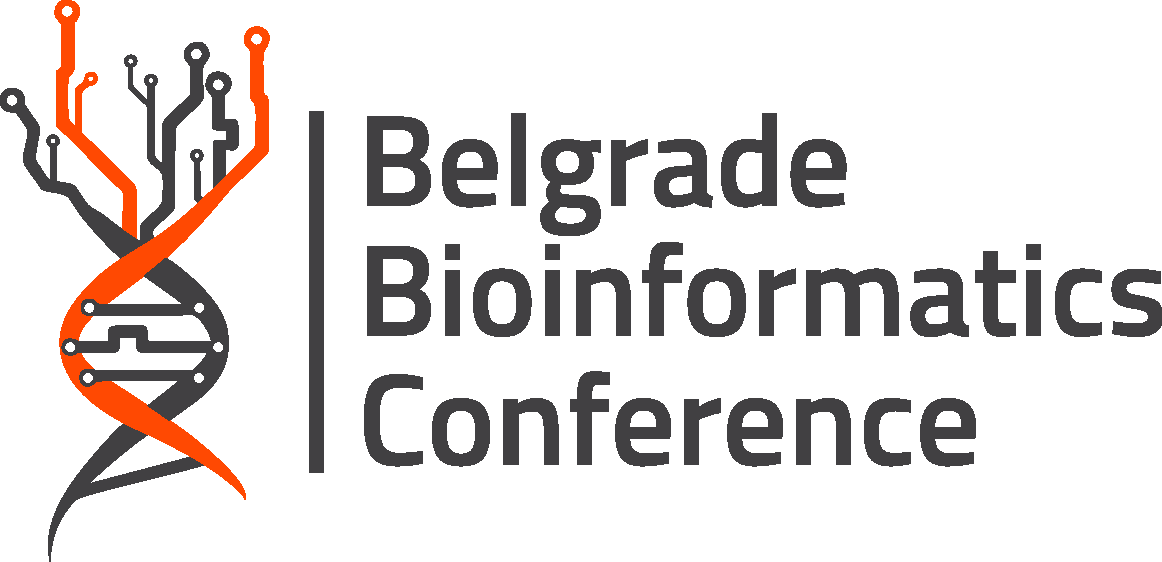Ilma Mujković*1, Kasim Bajrović2, Teodora Andrejić3
1 Faculty of Science, University of Sarajevo, Sarajevo, Bosnia and Herzegovina
2 Institute for genetic engineering and biotechnology, University of Sarajevo, Sarajevo, Bosnia and Herzegovina
3 Analysis, Novi Beograd, Serbia
ilma.mujkovic [at] gmail.com
Abstract
The soybean event OECD line MON-Ø4Ø32-6, also known as GTS-40-3-2 or Roundup Ready® soybean (RRS), was developed to tolerate glyphosate, the active ingredient in the herbicide Roundup®. This genetically modified (GM) soybean contains a sequence from the Petunia hybrida chloroplast coding transit peptide and the Agrobacterium tumefaciens 5-enolpyruvylshikimate-3-phosphate synthase (EPSPS) gene. In Bosnia and Herzegovina, no GMO has been approved for cultivation or use as food, but GTS 40-3-2 is one of eight types of genetically modified soy approved for use as animal feed. The aim of this study was the identification and quantification of potentially genetically modified soybeans marketed in Bosnia and Herzegovina using polymerase chain reaction (PCR). DNA extraction from ten soybean samples was performed using the GENESpin kit (Eurofins GeneScan GmbH) according to the manufacturer’s protocol in compliance with EN ISO/IEC 17025:2017 standards. To determine the presence of GMOs for two screening elements, P-35S and t-NOS, end-point PCR (GMOScreen 35S/NOS kit) was applied, and for the third element, FMV (P-34S), Real-Time PCR (GMOScreen RT35S/NOS/FMV-IPC kit) was used, while the amplified sequences were analysed in the manufacturer’s analytical program. Quality assurance of the test results was ensured with positive control DNA, specifically plasmid DNA pGSE211 (RRS). The end-point PCR method for detecting the P-35S promoter and t-NOS terminator in this study showed identical results to the Real-Time PCR screening method using kits from the same manufacturer. After detecting the P-35S promoter and t-NOS terminator, Real-Time PCR confirmed that it was GM soybean GTS-40-3-2. Soy sample 4S contained 2.27% RRS, and sample 7S contained 1.07%. Since these values exceed the threshold of 0.9%, according to the GMO Law of Bosnia and Herzegovina, they require labeling to indicate genetically modified material.
Keywords: Roundup Ready soybean, GMO, Real-Time PCR, quantification

